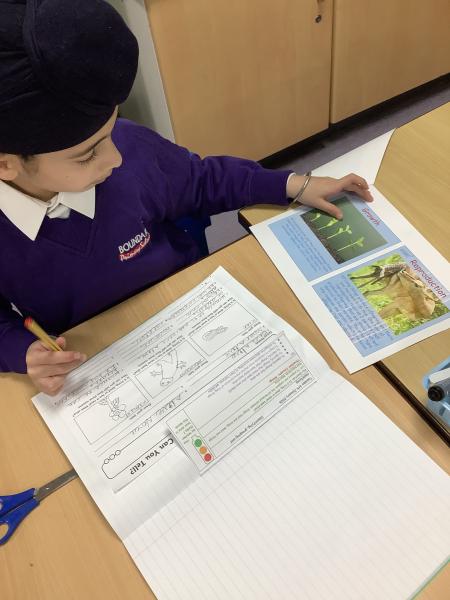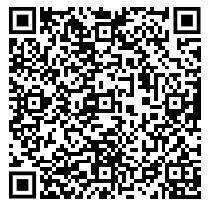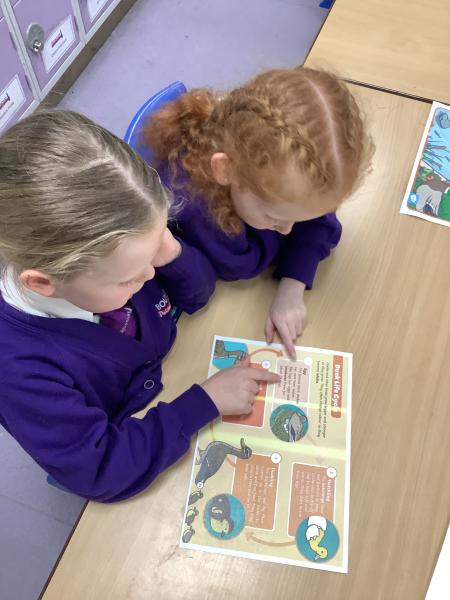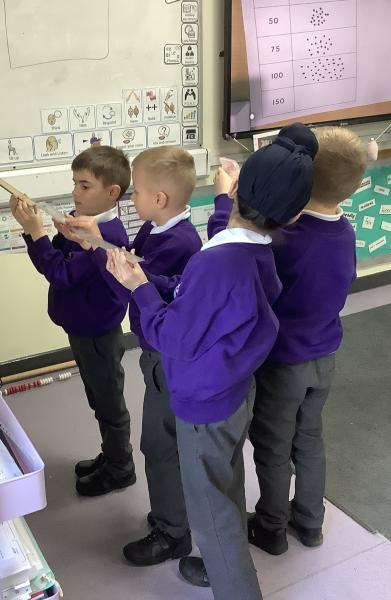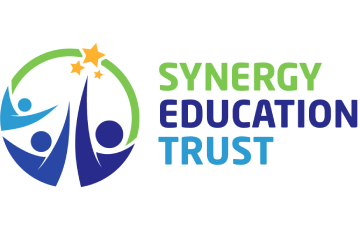Science 2025 - 2026
“The Science of today is the technology of tomorrow” – Edward Teller
Science teaches an understanding of the world that we live in and aims to stimulate a child’s curiosity to find out how and why things happen in the way they do. It teaches methods of enquiry and investigation to encourage creative thought. Children learn to ask scientific questions and are encouraged to engage in questioning and discussion about science-based issues which affect their lives, the society in which they live and the world as a whole.
For a detailed understanding of the Intent, Implementation and Impact of the teaching of Science at Boundary, please read the document at the bottom of this page.
EYFS
Science at Foundation Stage (reception and nursery) is covered in the ‘Understanding the World, ELG: The Natural World’ area of the EYFS Framework. It is introduced indirectly through activities that encourage children to explore, problem solve, observe, predict, think, make decisions and talk about the world around them.
Early Years Science also helps children with skills in other Foundation Stage areas of the National Curriculum, such as Physical Development and Expressive Arts and Design. During the early years at school, children will explore creatures, people, plants and objects in their natural environments. They will observe and manipulate objects and materials to identify differences and similarities. For example, they may look at an egg whisk, sand, paper and water to learn about things that are natural and manmade and their different functions. They will also learn to use their senses, feeling dough or listening to sounds in the environment, such as sirens or farm animals. They will make observations of animals and plants and explain why some things occur and talk about changes.
The children are encouraged to ask questions about why things happen and how things work. They might do activities such as increasing the incline of a slope to observe how fast a vehicle travels, or opening a mechanical toy to see how it works. The children will also be asked questions about what they think will happen to help them communicate, plan, investigate, record and evaluate findings.
Assessment
Pre-assessments are carried out in the form of a class mindmap and discussion on prior learning, addressing any misconceptions and ensuring required knowledge is obtained before moving on to new learning. Discovering prior knowledge allows the teacher to present new information at an appropriate level for the children. Formative assessment continues throughout the learning process, so lessons can be adjusted according to children’s need. At the end of a unit, a short quiz is completed to assess substantive knowledge and disciplinary knowledge isassessed throughout the unit. Working Scientifically is assessed throughout the year.
From the formative assessment and quizzes, teachers make a judgement at the end of each term on O’track (assessment tracking programme) to show if the child is working towards, is at or is above the expected standard.
PSQM
We are proud to say that we have achieved the Primary Science Quality Mark. Throughout the quality mark process we have developed our resources, streamlined our assessment and developed our working scientifcally journey. We have also worked on expanding Science Capital and parental involvement in Science. Well done to the staff and children on this amazing achievement.

Our Vision
.png)
Science Curriculum At a Glance
| Autumn 1 | Autumn 2 | Spring 1 | Spring 2 | Summer 1 | Summer 2 | |
| Nursery |
Understanding the World |
Understanding the World |
Understanding the World ELG: The Natural World |
Understanding the World ELG: The Natural World |
Understanding the World ELG: The Natural World |
Understanding the World |
| Reception | Understanding the World ELG: The Natural World |
Understanding the World ELG: The Natural World |
UUnderstanding the World ELG: The Natural World |
Understanding the World ELG: The Natural World |
Understanding the World ELG: The Natural World |
Understanding the World ELG: The Natural World |
| Year 1 | Animals including Humans (Humans) Seasonal Changes |
Everyday Materials Season Changes |
Animals including Humans (Animals) Seasonal Changes |
Living Things and their Habitats Seasonal Changes |
Seasonal Changes |
Plants Season Changes |
| Year 2 | Use of everyday Materials Seasonal Changes |
Animals including Humans | Living things and their Habitats Seasonal Changes |
Blackpool Zoo Seasonal Changes |
Electricity Seasonal Changes |
Plants Season Changes |
| Year 3 | Animals including Humans |
Forces and Magnets |
Rocks | Light |
Plants Season Changes |
|
| Year 4 | States of Matter |
Animals including Humans |
Sound |
Electricity | Living Things and thier Habitats |
|
| Year 5 | Earth and Space | Properties and changes of Materials |
Animals including Humans |
Forces |
Living things and their Habitats |
|
| Year 6 | Light |
Electricity |
Living Things and their Habitats |
Evolution and inheritance |
Animals including Humans |
Please see the Science Curriculum Map below for more detail about what we learn in each unit.
Useful Websites
Here are a list of useful websites that children can explore. This includes games, information and Science news. Click on the title to follow the link.

